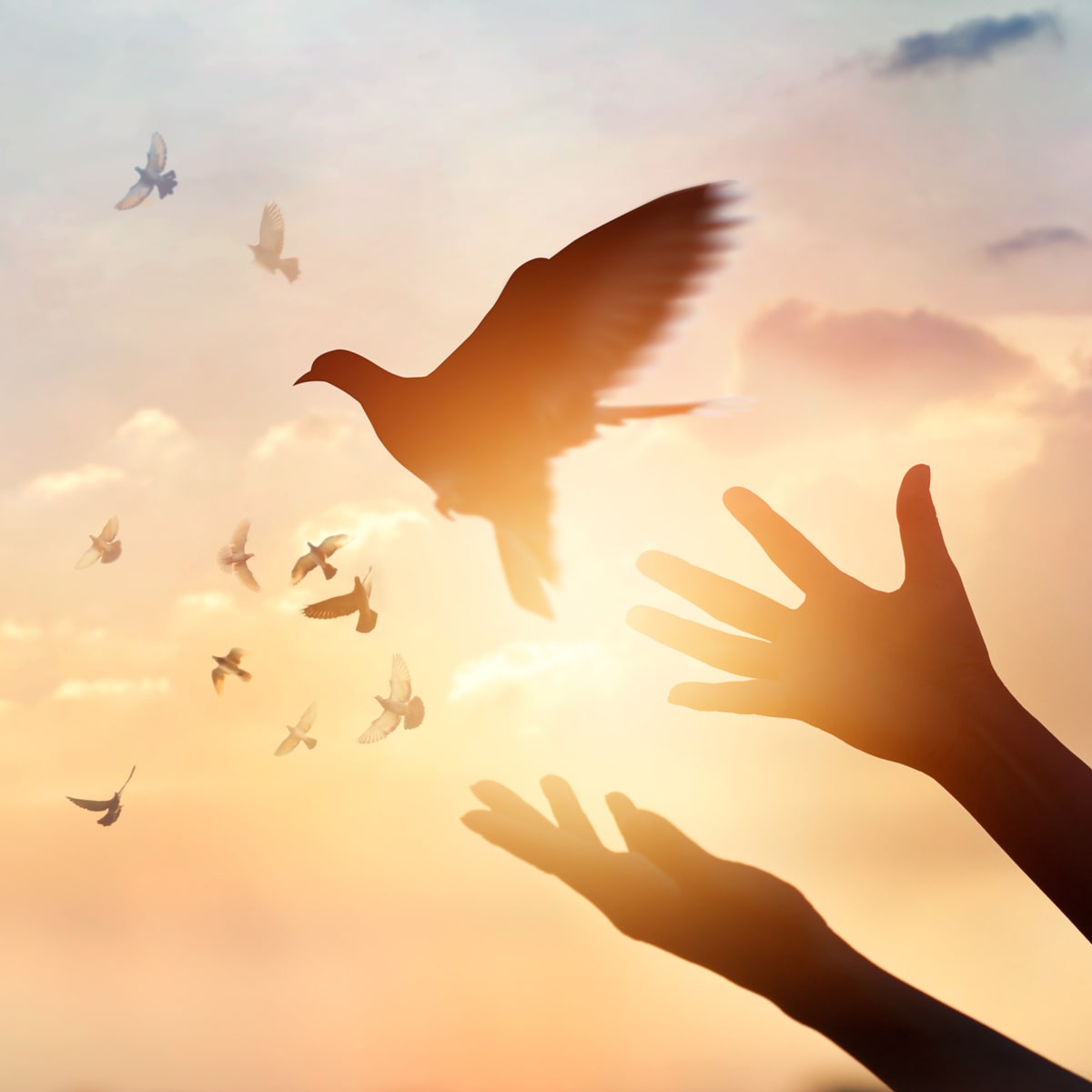By: Kashif Nawab
World Freedom Day, marked on November 9, is widely recognized as a commemoration of the fall of the Berlin Wall, symbolizing a triumph over oppressive regimes worldwide. While this historical moment primarily highlights Europe’s struggle for freedom, it resonates deeply across continents, including in Pakistan, where the quest for independence, civil rights, and justice forms a rich tapestry of untold stories.
In Pakistan, freedom gained a historical milestone with independence from British colonial rule on August 14, 1947. Led by figures such as Muhammad Ali Jinnah, the movement not only sought a homeland for Muslims but symbolized an enduring spirit for self-governance. The legacy of that struggle, however, is complex and layered, as various regions and marginalized communities continue their fight for autonomy, justice, and rights within Pakistan’s borders. World Freedom Day, therefore, is a time to reflect on Pakistan’s ongoing challenges in attaining true freedom and equity for all its citizens.
A Press That Pushes Forward
Freedom of the press in Pakistan is a powerful yet precarious arena. Journalists, writers, and activists often operate under significant pressures from censorship and threats. Despite these risks, Pakistan’s press continues to be a stronghold for free speech, with independent voices highlighting pressing issues, from human rights abuses to political controversies. On World Freedom Day, the resilience of Pakistani journalists underscores a persistent fight to report freely, with a new generation of digital journalists, bloggers, and social media activists also emerging as champions of press freedom.
Democratic Resilience Amid Political Struggles
Pakistan’s journey with democracy has been turbulent, frequently interrupted by military rule. Yet, the resilience of democratic movements, such as the Lawyers’ Movement of 2007–2009, demonstrates a robust pursuit of civil rights and accountability. In marking World Freedom Day, Pakistanis honor these strides toward democratic freedoms, remembering both the struggles and progress in a country where civilian rule and the rule of law remain aspirations for many.
Youth and Digital Activism as Drivers of Change
Pakistan’s youth, with a significant portion of the population under 30, is a vital force in the nation’s push for social and political reforms. From the Students Solidarity March, advocating for student union rights, to social media-driven campaigns addressing social justice and environmental issues, Pakistan’s young people are redefining what freedom means for their generation, using technology as a platform for change.
Advancing Gender Rights
Women’s rights have long been integral to Pakistan’s freedom narrative. Events like the Aurat March, with slogans and artwork demanding gender equality and safe public spaces, signal a powerful fight against restrictive norms. Organizations such as the Aurat Foundation advocate for systemic change, seeking a society where freedom includes true gender equality and safety.
Religious Freedom and Minority Rights
Religious freedom remains a significant yet sensitive issue in Pakistan. Minority communities, including Christians, Hindus, and Sikhs, often face societal and legal challenges, from blasphemy accusations to marginalization. On World Freedom Day, the call for tolerance and protection of minority rights reminds Pakistanis of the importance of a society that respects diverse beliefs and freedoms.
Environmental and Economic Freedom
In recent years, environmental justice has emerged as a vital freedom struggle, as climate change disproportionately impacts Pakistan’s vulnerable communities. Similarly, economic freedom is essential, with many Pakistanis facing poverty and unemployment. Organizations like Akhuwat Foundation work toward financial independence for individuals, helping build a Pakistan where economic freedom is accessible to all.
Reflecting on Freedom Day in Pakistan
World Freedom Day is a moment for Pakistan to reflect on its layered freedom journey, from historical struggles for independence to modern movements for justice and equality. In commemorating this day, Pakistan honors both past sacrifices and the contemporary fight for a society where every citizen can live freely and pursue their aspirations without fear of oppression.


